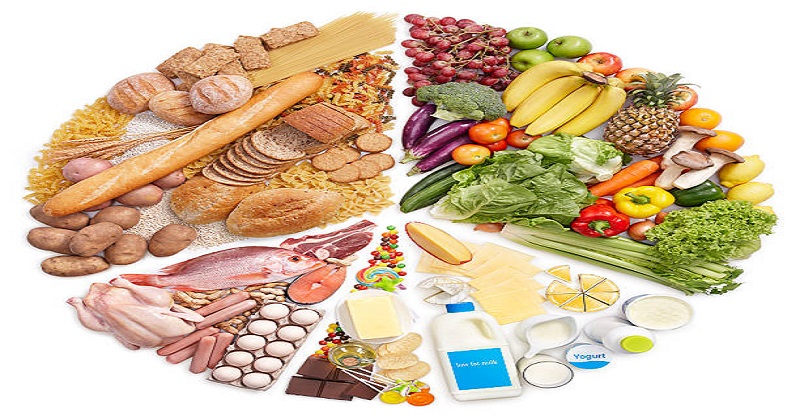
Blood pressure is a typical symptom of a sedentary lifestyle. All of these fried meals, as well as foods rich in sugar, can have a negative impact on our health and contribute to high blood pressure. Hypertension also known as high blood pressure, is one of the most frequent lifestyle-related diseases. It might have unexpected side effects. Blood pressure has been shown to be reduced by lifestyle modifications such as weight reduction, salt restriction, and dietary adjustments.
To lower cholesterol, tinkering with the food makes complete sense. In fact, some of the cholesterol that clogs arteries originates in the food we eat. Changing your diet to lower blood pressure does not appear to be as simple. Food, on the other hand, can have a direct and often dramatic impact on blood pressure.
Certainly, salt plays a part. However, a blood pressure-friendly diet entails much more than limiting salt intake. Blood pressure is also lowered by fruits, vegetables, low-fat dairy meals, beans, nuts, whole-grain carbs, and unsaturated fats. Blood pressure medications are generally effective. However, they do not always address the root of the problem. And, no matter how safe a medicine is, it might have unexpected side effects.
High blood pressure can be prevented with a healthy diet. It’s a great first line of defence when blood pressure rises into the dangerous range, and it works well with drugs. Unfortunately, it hasn’t been straightforward to translate the dietary recommendations used in clinical studies into everyday meals.
Increase your intake of seafood, almonds, and legumes. Try to burn at least as many calories as you consume each day. Instead of sweet or salty snacks and desserts, eat more vegetables and fruits. Choose whole grain breads, pasta, and other carbohydrate-rich meals. use unsaturated fats like olive, canola, soybean, peanut, maize, or safflower oil. We should prefer fresh or frozen foods. When feasible, use low-sodium meals; instead of salt, use herbs, spices, vinegar, and other low-sodium flavours. If you want to lose weight, cut back on your calorie consumption. We can tackle the problem in all of these ways.

Post Your Comments